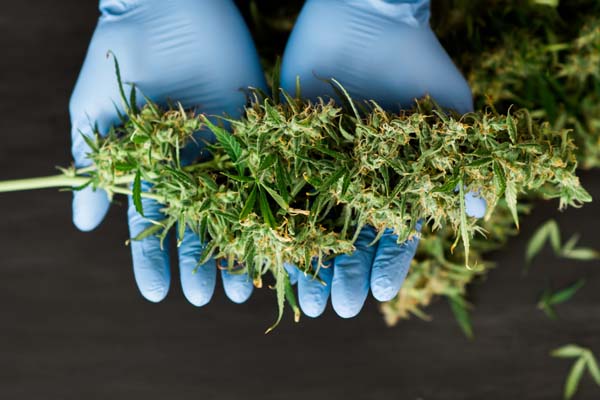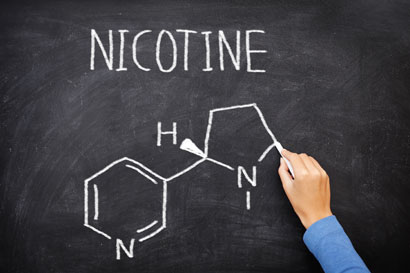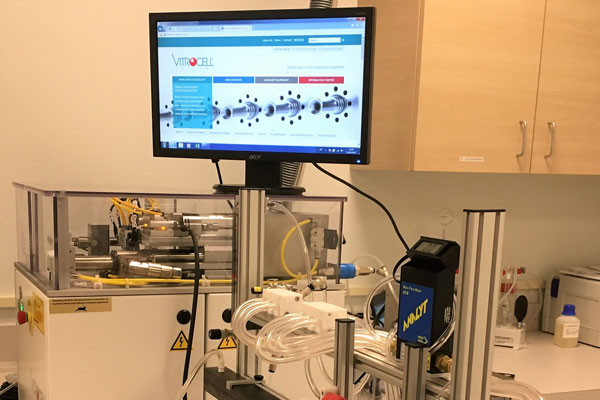Pyxus International has signed an agreement with Cornell University’s College of Agriculture and Life Sciences (CALS) to fund research of hemp production.
The research is intended to identify and address knowledge gaps through the evaluation of cannabidiol (CBD) hemp cultivars and cannabinoid production.
The partnership aims to provide growers and processors in the rapidly expanding hemp industry with unbiased data and insight on cultivation as the organizations work to reduce the risks associated with cultivation of this new crop through science and education.
This research is intended as a step in developing hemp as a profitable crop for farmers across the United States. Beyond providing growers and processors with valuable data and insight, the research coming out of this partnership may also be used by consumers to help them understand hemp and CBD.
“Pyxus is dedicated to advancing the cultivation of hemp,” said Bryan Mazur, executive vice president of Global Specialty Products at Pyxus International. “We are eager to learn from Cornell’s expertise and research in the field and are excited that this partnership will eventually be part of an even larger Pyxus initiative with additional partners and resources.”
According to the National Conference of State Legislatures, at least 47 U.S. states have enacted legislation to establish industrial hemp cultivation and production programs. The Brightfield Group predicts the market for hemp-derived products will increase at a compound annual growth rate of 147 percent.
“Hemp production manuals already exist for grain and fiber; however, equivalent science-based information on hemp production for natural, plant-based cannabinoids and CBD is entirely lacking,” said Larry Smart, professor of plant breeding and genetics at Cornell University.
“Through our partnership with Pyxus, we will build the knowledge base to help the industry make informed decisions that are backed by research to ensure a stable supply of hemp to U.S. processors, and improve the livelihoods of our farmers.”











